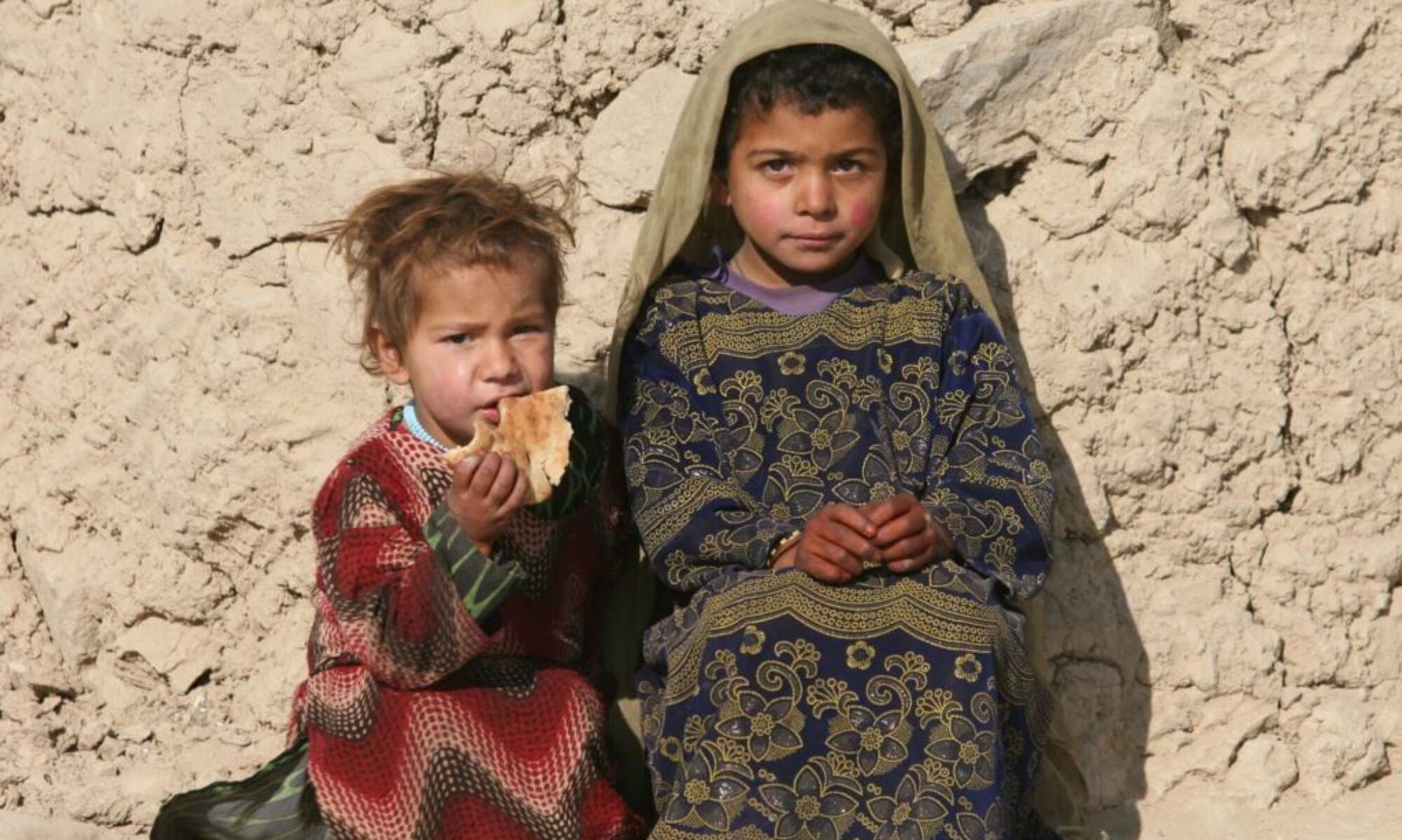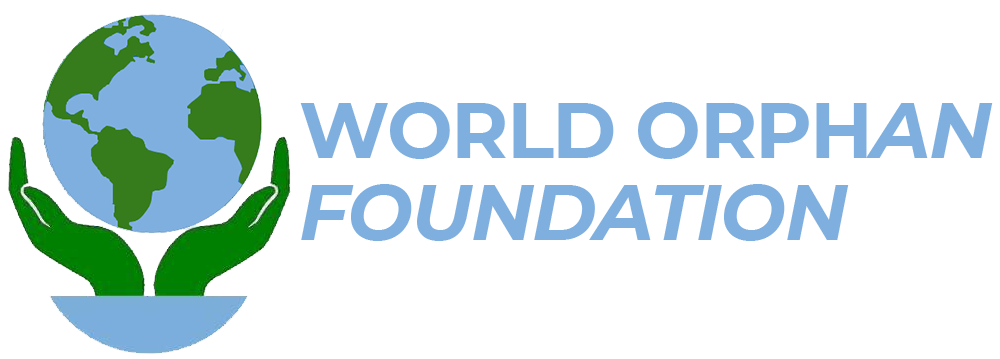AREA OF NEED
Afghanistan’s healthcare system faces immense challenges, particularly for rural populations, the impoverished, and individuals with disabilities.
Limited Access to Healthcare in Rural Areas
A significant portion of Afghanistan’s population lives in remote areas where healthcare facilities are either nonexistent or severely under-resourced. Many must travel hundreds of miles to reach the nearest hospital, a journey that is often impossible due to the lack of transportation, dangerous roads, or financial constraints. In emergencies, these delays can mean the difference between life and death.
Financial Barriers to Healthcare
For many Afghans, healthcare is simply unaffordable. With the majority of the population living in poverty, the cost of medical treatment, medication, and even transportation to a clinic is out of reach. Most healthcare expenses must be paid out-of-pocket, forcing families to choose between seeking medical care or meeting their basic needs. Those who cannot afford care are often left to suffer without treatment.
Impact of Injuries and Disabilities
Decades of war have left a devastating impact on Afghanistan’s population, with many suffering from war-related injuries, amputations, and disabilities. Rehabilitation services are scarce, and access to essential mobility aids like wheelchairs is extremely limited. Many people with disabilities struggle to navigate daily life without the necessary support, further marginalizing them in a society where resources are already stretched. The lack of accessible and affordable healthcare in Afghanistan continues to put millions at risk.
HOW WORLD ORPHAN FOUNDATION HAS MADE A DIFFERENCE
The World Orphan Foundation, founded in April 2020, began its mission by providing critical aid during the COVID-19 crisis and has since made a profound impact on Afghanistanân’s struggling healthcare system. The foundation funds essential medicines, IV fluids, and life-saving treatments such as IV immunoglobulin (IVIG) for those who cannot afford care. It has also provided wheelchairs for individuals with developmental disabilities, improving their mobility, independence, and quality of life. In the aftermath of natural disasters such as earthquakes and floods, the foundation has stepped in to cover partial hospitalization costs, including medications, ensuring that injured and displaced individuals receive urgent medical attention despite financial hardship. Through these efforts, the World Orphan Foundation continues to bring hope, dignity, and life-saving support to Afghanistan‘s most vulnerable populations.
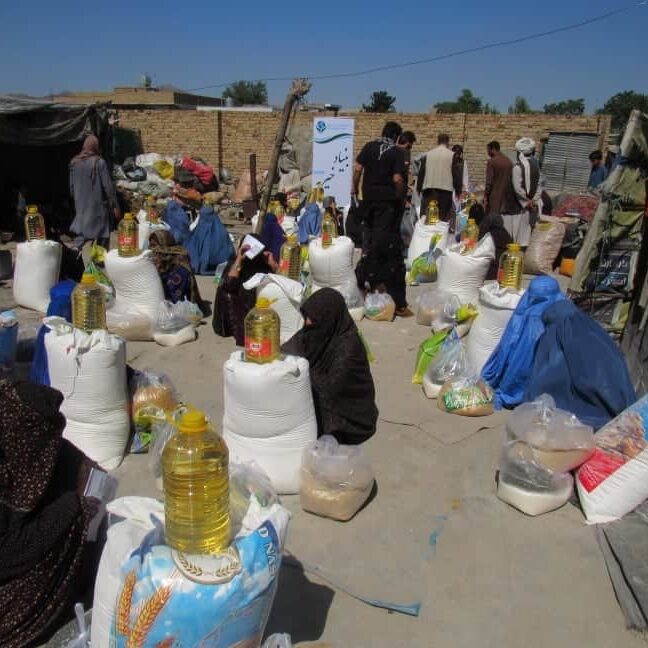
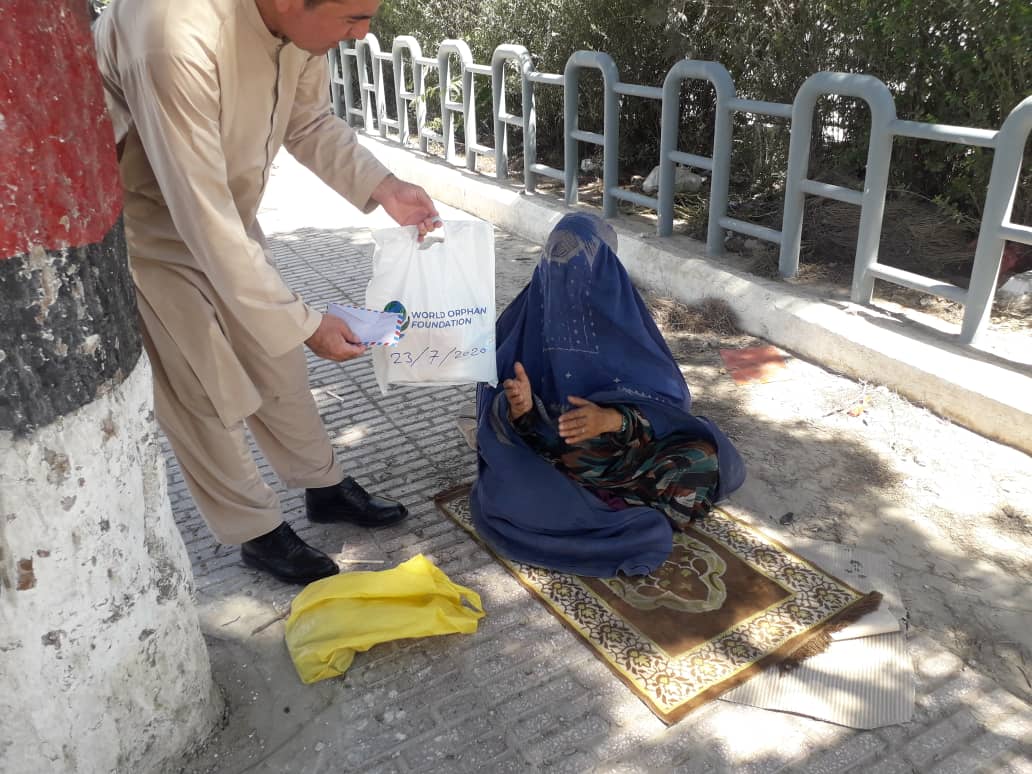
WHERE YOU CAN MAKE A DIFFERENCE
Help provide grocery packages to families who are at risk of experiencing hunger due to the ongoing Covid-19 pandemic. Over one thousand hungry children throughout the country in rural villages and displaced encampments are receiving ongoing monthly grocery packages through World Orphan Foundation but there are millions more in need.
WATER & WELLS
AREA OF NEED
79% of Afghanistan’s population live in rural areas. Of this rural population, more than 80% do not have access to clean drinking water. This is the highest percentage in the world.
25% of deaths among children under the age of 5 are directly attributed to contaminated water and poor sanitation. These conditions have also resulted in the stunted growth of 54% of children ages 6 months to 5 years.
HOW WORLD ORPHAN FOUNDATION HAS MADE A DIFFERENCE
World Orphan Foundation has created pipelines for nomad families in the village of Rahmabad, Afghanistan. Before the pipelines were created, women and children had to carry drinking water for long distances for their daily use. These pipelines connected these families to clean drinking water much closer to their homes.
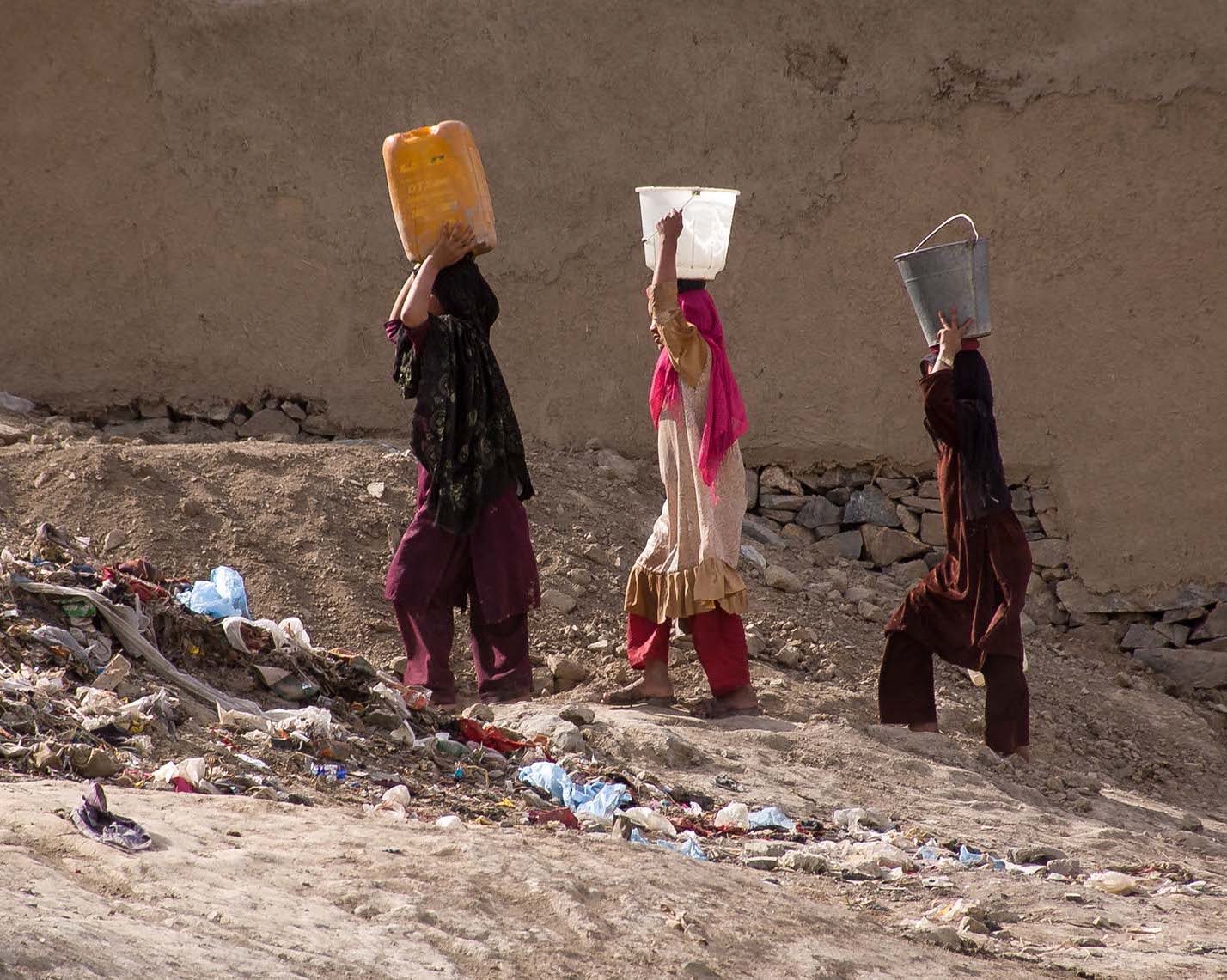
WHERE YOU CAN MAKE A DIFFERENCE
Contribute to building pipelines or wells to communities that do not have access to clean drinking water.
